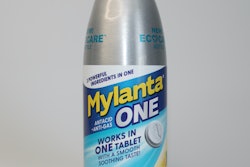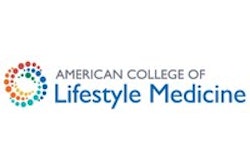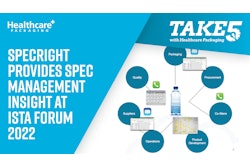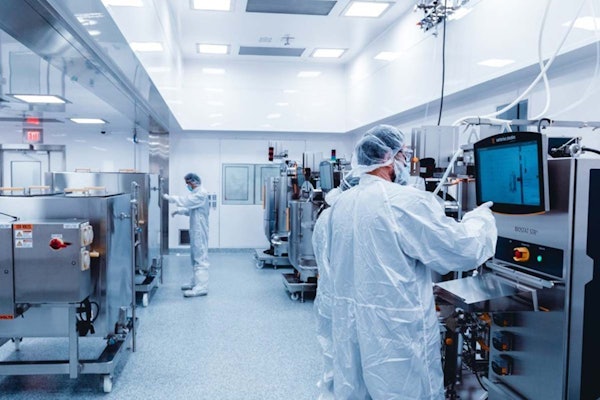
Tiffany McIntire, a principal human factors engineer at Roche, will be one of the keynote speakers at the inaugural Connect in Pharma conference taking place in Geneva on September 14 and 15.
In advance of the exhibition, McIntire spoke to organizers about the importance of putting patients at the heart of innovation in biopharmaceutical drug development. Packaging decisions for oral tablets and capsules have tended to simply reflect what has come before. The challenge for human factors engineers like McIntire is to get involved early enough in the drug development process for innovations to better reflect how, when, and why patients are taking these drugs. “By the time packaging decisions are being made, it’s already too late. Budgets and timelines have already been built around those original decisions,” she notes.
In the U.S., pills are likely to come in a bottle, while the European market tends to produce blister packs. These types of products, which reflect historical assumptions about what patients want, are ripe for a rethink, says McIntire. “Orally administered products are an under-developed area that can benefit from a systematic approach,” she says. “We make mistakes when we make assumptions about what a patient needs or wants,” says McIntire.
“We make the mistake of thinking patients act like us. But user-based testing can generate insights that can fast track research by years.” In her Connect in Pharma talk, entitled “Developing patient-centric packaging solutions,” McIntire plans to discuss best practice within the sector, gaps in the market, and some quick ways drug developers and contract manufacturers can be sure to avoid pitfalls when bringing biopharmaceutical drugs to market.
Launching this year, Connect in Pharma is aiming to become Europe’s leading event driving innovation in pharmaceutical packaging, drug delivery, and manufacturing. Its first edition in September will bring together 100 market-leading suppliers of innovative packaging, medical devices, CMO/CDMO services, and processing technology with more than 3,000 buyers, packaging designers, product and device developers, and manufacturing directors in the pharma and biotech industry.
Organized across four half-days, the plenary talks will address key themes related to the four main areas of the supply chain present in the exhibition area: pharmaceutical packaging (primary and secondary), medical devices, pharmaceutical sub-contracting, and production line equipment.
Find out more about Connect in Pharma, the agenda, and exhibitors at https://www.connectinpharma.com/.





















